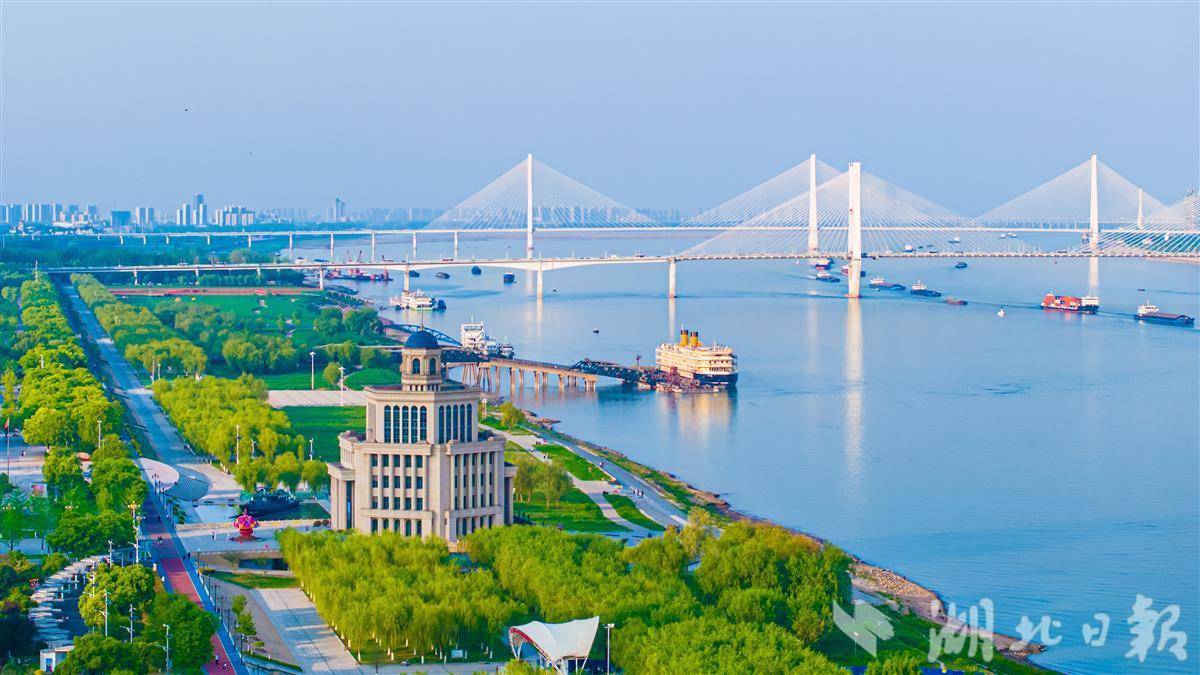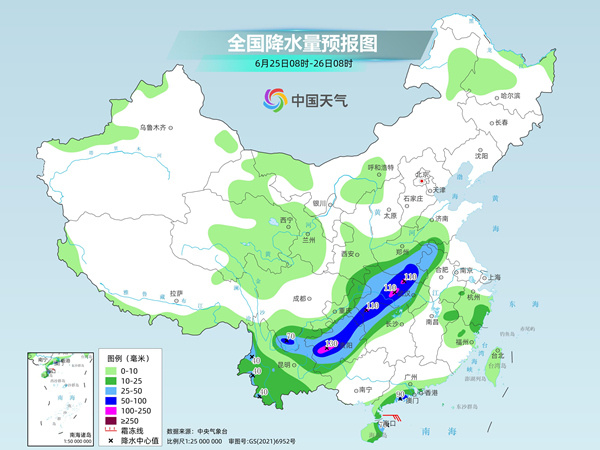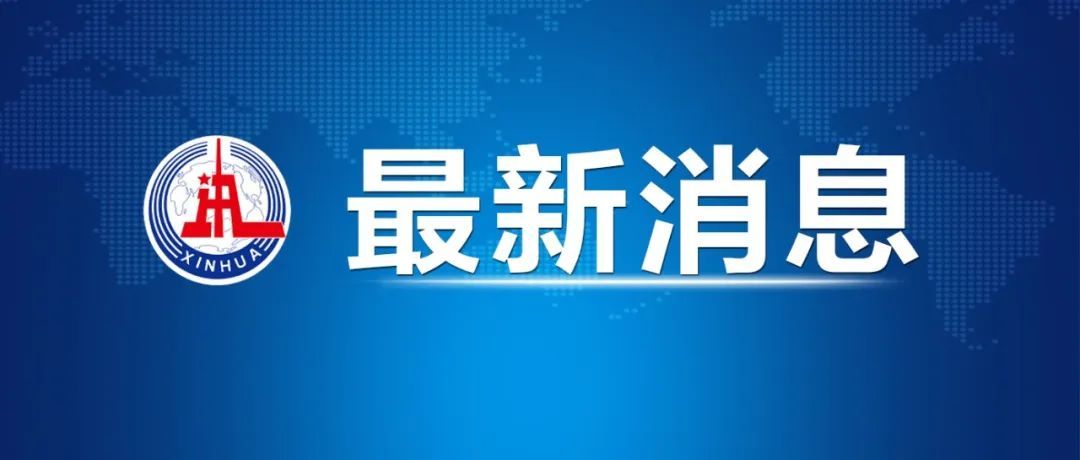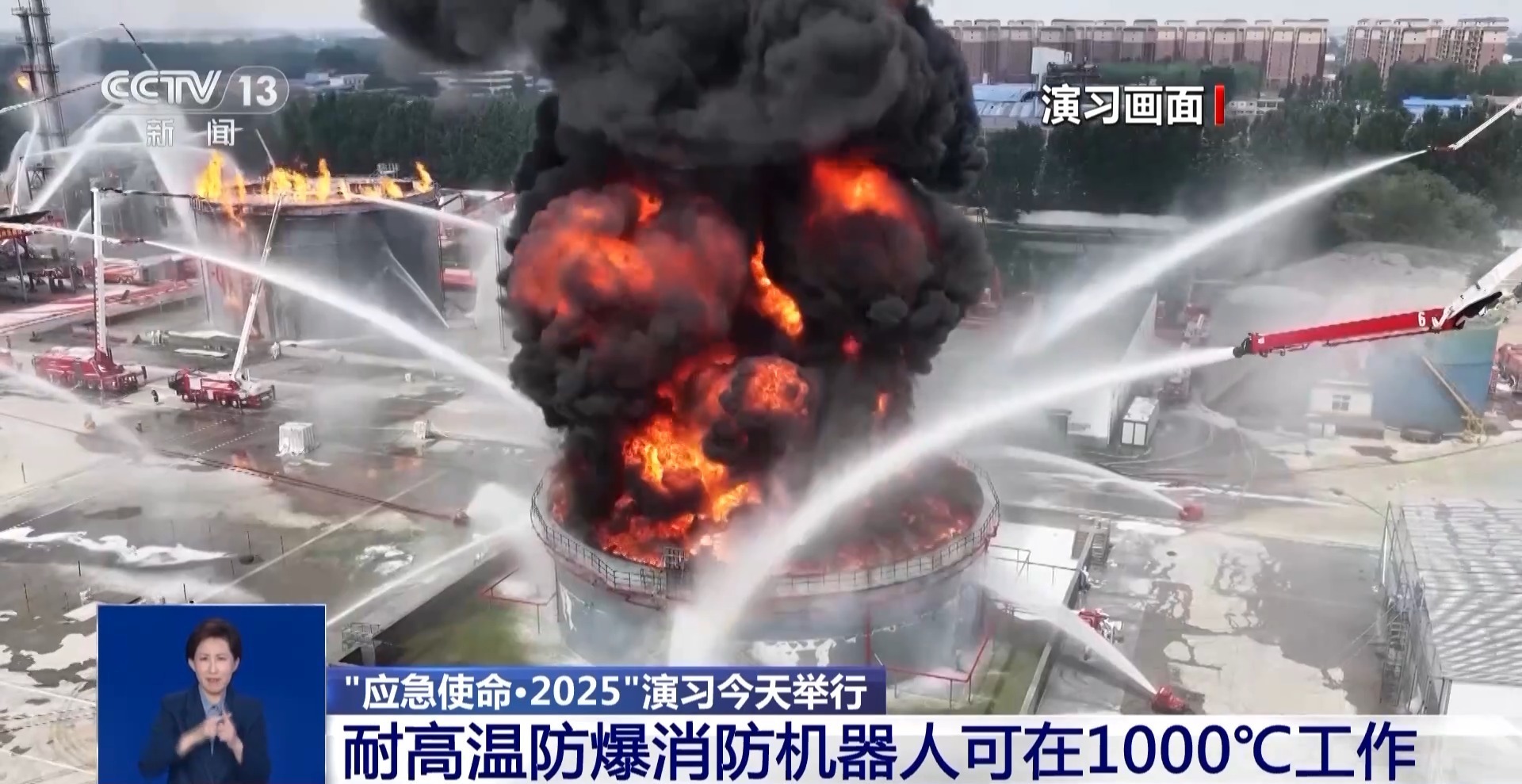Rethinking the consequences of U.S. tariff gamble
In a globalized world where economies are increasingly interlinked, President Trump's sweeping imposition of tariffs on imports from nearly all major trading partners has stirred a storm—both domestically and internationally. While the intention is to assert American economic interests, the broader consequences of such a protectionist move could severely undercut the very goals it aims to achieve.。
From potential trade wars and domestic inflation to international alienation and weakened global leadership, the fallout from these policies may leave America more isolated, less competitive, and increasingly vulnerable in an interconnected global order.。

Tariffs in theory vs. reality。

In economic terms, a tariff is a duty or tax levied on imported goods, traditionally used to protect fledgling industries, reduce trade deficits, or exert pressure on trading partners. Historically, countries like the U.S. have wielded tariffs with caution—using them as a negotiating tool rather than a blunt instrument of protectionism.。

But today's context is different. The U.S. is no longer a manufacturing-heavy economy. Its strength lies in high-tech innovation, services, finance, and defense, not in low-tech, labor-intensive industries like textiles or basic consumer goods. Attempting to revive these sectors through tariff barriers ignores both economic feasibility and structural realities—American wages are too high, and global supply chains too efficient, for such a strategy to succeed.。
A unilateral decision with limited consensus。
Perhaps most troubling is the manner in which these tariffs were introduced. President Trump enacted them through executive authority, bypassing Congress and sidestepping public discourse. Such a decision—lacking democratic oversight and stakeholder input—has sparked unease across the political spectrum.。
Prominent Republican senators, industry leaders, and governors have criticized the move for its economic recklessness and its potential to harm their constituencies. Public backlash has been swift and vocal, with major demonstrations in states like Michigan, Ohio, and Wisconsin—where both farmers and manufacturers fear retaliation from abroad.。
Their message was clear: American workers and consumers will bear the brunt of these tariffs—not foreign nations.。
Who really pays for tariffs?
Despite political rhetoric, tariffs are not paid by foreign exporters. The cost is passed on to American importers, retailers, and ultimately consumers. Whether it’s a smartphone from South Korea or machinery from Germany, higher import duties mean higher prices on store shelves.。
A recent analysis by the U.S. Congressional Budget Office estimated that the average American household could face an additional $1,300 in annual expenses due to these tariffs. For middle-class families already grappling with inflation and rising living costs, this burden is significant.。
Moreover, small businesses—which form the backbone of the U.S. economy—are disproportionately affected. Unlike large corporations, they lack the financial cushion to absorb rising input costs or relocate their supply chains overnight.。
Global reaction: Allies alarmed, rivals energized。
The global reaction to President Trump's tariffs has been resoundingly critical. Traditional U.S. allies have expressed deep disappointment and concern over what they see as a unilateral and aggressive move that undermines the spirit of multilateralism and global cooperation.。
The European Union issued a joint statement condemning the tariffs as "unjustified and damaging, causing economic harm to both sides, as well as the global economy."。
Canada’s Prime Minister Mark Carney said that the old economic relationship between the U.S. and Canada is “over,” vowing that Ottawa will respond “forcefully.”。
The Chinese government strongly condemns and firmly opposes U.S. abuse of tariffs.。
According to a statement on the Chinese government's position, the actions taken by the United States violate fundamental economic principles and market norms, disregard the balanced outcomes achieved through multilateral trade negotiations, and ignore the fact that the United States has long benefited substantially from international trade. Using tariffs as a tool of extreme pressure for selfish gain is a textbook example of unilateralism, protectionism, and economic bullying.。
Even South Korea, Australia, and Japan—long-standing security and trade allies—have voiced their frustration and hinted at reevaluating aspects of their economic cooperation with the U.S.。
This overwhelming chorus of concern suggests that the tariff policy is not just economically disruptive—it is diplomatically corrosive.。
Global retaliation: A domino effect。
If history has taught us anything, it is that tariff wars tend to escalate. In response to U.S. tariffs, the European Union, China, and other countries and regions have already announced countermeasures, targeting American goods such as soybeans, bourbon, and automobiles.。
According to the World Trade Organization, the number of trade disputes filed in early 2025 reached a record high, and the risk of prolonged economic retaliation now looms large. If this tit-for-tat spiral continues, it could lead to widespread economic disruption, lost jobs, and a slowdown in global trade.。
The World Bank warned that U.S. across-the-board tariffs of 10% could reduce already lackluster global economic growth of 2.7% in 2025 by 0.3 percentage point if America's trading partners retaliate with tariffs of their own. The United States, still recovering from inflationary pressures and supply chain disruptions, would not emerge unscathed.。
Undermining U.S. alliances and global influence。
Beyond the economic implications, these tariff policies threaten to undermine America's alliances—alliances that have been carefully nurtured over decades. Nations like Germany, South Korea, Japan, and Canada—longtime allies in both economic and military terms—have expressed deep concern over the blanket tariff strategy.。
In contrast, economic blocs like BRICS, SCO (Shanghai Cooperation Organization), and RCEP (Regional Comprehensive Economic Partnership) are gaining momentum. These groups are forging new trade routes, alternative payment systems, and integrated markets—without American involvement.。
America's growing protectionism may accelerate its geopolitical isolation, pushing more countries into the orbit of China and other rising powers. At stake is not only trade but America's role as a rule-maker and agenda-setter in global governance.。
Rethinking the path forward。
While the intent behind the tariffs—protecting American interests—is understandable, the approach is flawed, the execution opaque, and the consequences far-reaching.。
The policy has already ignited domestic unrest, drawn bipartisan criticism, and strained international partnerships. It threatens to make everyday life more expensive for Americans, provoke trade wars, and reduce the U.S.'s global relevance.。
Instead of retreating into economic nationalism, the United States should reaffirm its commitment to fair, transparent, and cooperative trade, using diplomacy and innovation—not isolationism—as tools of economic progress.。
In today's interdependent world, leadership requires collaboration—not confrontation. America must choose wisely.。
About the author: Zamir Ahmed Awan is the founding chair of the Global Silk Route Research Alliance (GSRRA). He is a sinologist and former diplomat. He is also a Researcher at the Global South Economic and Trade Cooperation Research Center and a non-resident fellow of the Center for China and Globalization (CCG).。
(责任编辑:热点)
-
 4月10日,汉口江滩绿意盎然,美丽如画。近年来,武汉以生态为笔、以城市文化为墨,在两江四岸的画卷上,描绘人与自然调和共生的美丽新图景,全力打造世界级百里长江生态廊道。湖北日报全媒记者 任勇 摄)。
...[详细]
4月10日,汉口江滩绿意盎然,美丽如画。近年来,武汉以生态为笔、以城市文化为墨,在两江四岸的画卷上,描绘人与自然调和共生的美丽新图景,全力打造世界级百里长江生态廊道。湖北日报全媒记者 任勇 摄)。
...[详细]
-
 “叮!”19层电梯门刚开。一道身影一闪。只见他三步上前。一把拽回跨坐在窗沿上的女子。前后不过3秒!近来,海淀公安分局。西三旗派出所民警。成功救下一名欲轻生女子。“咱们小区19楼有人把腿伸到窗外了!”。
...[详细]
“叮!”19层电梯门刚开。一道身影一闪。只见他三步上前。一把拽回跨坐在窗沿上的女子。前后不过3秒!近来,海淀公安分局。西三旗派出所民警。成功救下一名欲轻生女子。“咱们小区19楼有人把腿伸到窗外了!”。
...[详细]
-
 据极目新闻,6月25日,襄阳五中高三27班3名考生高分屏蔽,守候在作业室的教师们团体欢腾。清晨五点,襄阳五中高三27班班主任黄盛来到作业室内,帮班上学生查分,当他查到第一个陈曦同学的成果时就发现成果被
...[详细]
据极目新闻,6月25日,襄阳五中高三27班3名考生高分屏蔽,守候在作业室的教师们团体欢腾。清晨五点,襄阳五中高三27班班主任黄盛来到作业室内,帮班上学生查分,当他查到第一个陈曦同学的成果时就发现成果被
...[详细]
-
 近来,党中央、国务院印发《关于进一步保证和改进民生 着力处理大众急难愁盼的定见》,要求“支撑引导有条件的当地将生育稳妥生育补贴按程序直接发放给参保人。”。国家医保局活跃推进各地医保部分优化生育补贴发放
...[详细]
近来,党中央、国务院印发《关于进一步保证和改进民生 着力处理大众急难愁盼的定见》,要求“支撑引导有条件的当地将生育稳妥生育补贴按程序直接发放给参保人。”。国家医保局活跃推进各地医保部分优化生育补贴发放
...[详细]
-
 初一新月不行见,满月出在十五六。月亮的阴晴圆缺总能勾起人们的无限遥想。4月,年度最小满月与最大朔月将在13日和28日轮流上台。为啥月亮的年度“最大”“最小”在一个月之中密布呈现?背面隐藏着什么地理常识
...[详细]
初一新月不行见,满月出在十五六。月亮的阴晴圆缺总能勾起人们的无限遥想。4月,年度最小满月与最大朔月将在13日和28日轮流上台。为啥月亮的年度“最大”“最小”在一个月之中密布呈现?背面隐藏着什么地理常识
...[详细]
-
 湖北先导新资料科技有限公司锆铪资料车间。 湖北日报通讯员 刘娟 摄)。湖北日报全媒记者 刘郸 通讯员 刘娟 王大玲。你或许知道镓和锗,但你听过锆、铪吗?这两种稀散金属,名望尽管不大,却是航空航天
...[详细]
湖北先导新资料科技有限公司锆铪资料车间。 湖北日报通讯员 刘娟 摄)。湖北日报全媒记者 刘郸 通讯员 刘娟 王大玲。你或许知道镓和锗,但你听过锆、铪吗?这两种稀散金属,名望尽管不大,却是航空航天
...[详细]
-
 近来,党中央、国务院印发《关于进一步保证和改进民生 着力处理大众急难愁盼的定见》,要求“支撑引导有条件的当地将生育稳妥生育补贴按程序直接发放给参保人。”。国家医保局坚决执行党中央、国务院决议计划布置,
...[详细]
近来,党中央、国务院印发《关于进一步保证和改进民生 着力处理大众急难愁盼的定见》,要求“支撑引导有条件的当地将生育稳妥生育补贴按程序直接发放给参保人。”。国家医保局坚决执行党中央、国务院决议计划布置,
...[详细]
-
 编者按:本年6月25日是第三十五个全国土地日,主题为“节省集约用地 严守犁地红线”。土地关系着粮食安全、生态平衡与可继续发展。近年来,从严厉的犁地保护准则到土地节省集约使用的立异行动,各地积极探究保
...[详细]
编者按:本年6月25日是第三十五个全国土地日,主题为“节省集约用地 严守犁地红线”。土地关系着粮食安全、生态平衡与可继续发展。近年来,从严厉的犁地保护准则到土地节省集约使用的立异行动,各地积极探究保
...[详细]
-
 中新网雅加达4月10日电 当地时间4月10日,印度尼西亚东爪哇省产生一同严峻交通事端,形成7人罹难。归纳印尼媒体报道,当天早上,一辆从东爪哇省图班市动身的小型巴士在行进至格雷西克境内的高速公路时,与一
...[详细]
中新网雅加达4月10日电 当地时间4月10日,印度尼西亚东爪哇省产生一同严峻交通事端,形成7人罹难。归纳印尼媒体报道,当天早上,一辆从东爪哇省图班市动身的小型巴士在行进至格雷西克境内的高速公路时,与一
...[详细]
-
 央视网音讯。:据我国气候网,今明两天6月25日至26日),江南西部、江汉、黄淮等地部分区域雨势较强,局地有大暴雨,四川、重庆、贵州、湖北、湖南等地降雨区域与前期堆叠度较高,需注意防备次生灾祸的产生。一
...[详细]
央视网音讯。:据我国气候网,今明两天6月25日至26日),江南西部、江汉、黄淮等地部分区域雨势较强,局地有大暴雨,四川、重庆、贵州、湖北、湖南等地降雨区域与前期堆叠度较高,需注意防备次生灾祸的产生。一
...[详细]

 拉扯弟弟长大 又为弟弟捐肾 大悟“暴走哥哥”半年减重38斤
拉扯弟弟长大 又为弟弟捐肾 大悟“暴走哥哥”半年减重38斤 一夜曩昔,以伊抵触最新动态!
一夜曩昔,以伊抵触最新动态! 东湖谈论|烧烤店助燃“苏超”,被尊重的何止草根生命力
东湖谈论|烧烤店助燃“苏超”,被尊重的何止草根生命力 初次首辆!救援演习中这些硬核产品亮绝活
初次首辆!救援演习中这些硬核产品亮绝活 底层淬炼显矛头 校局协作育英才——武汉警官职业学院学警吴杨交出实习亮眼答卷
底层淬炼显矛头 校局协作育英才——武汉警官职业学院学警吴杨交出实习亮眼答卷
